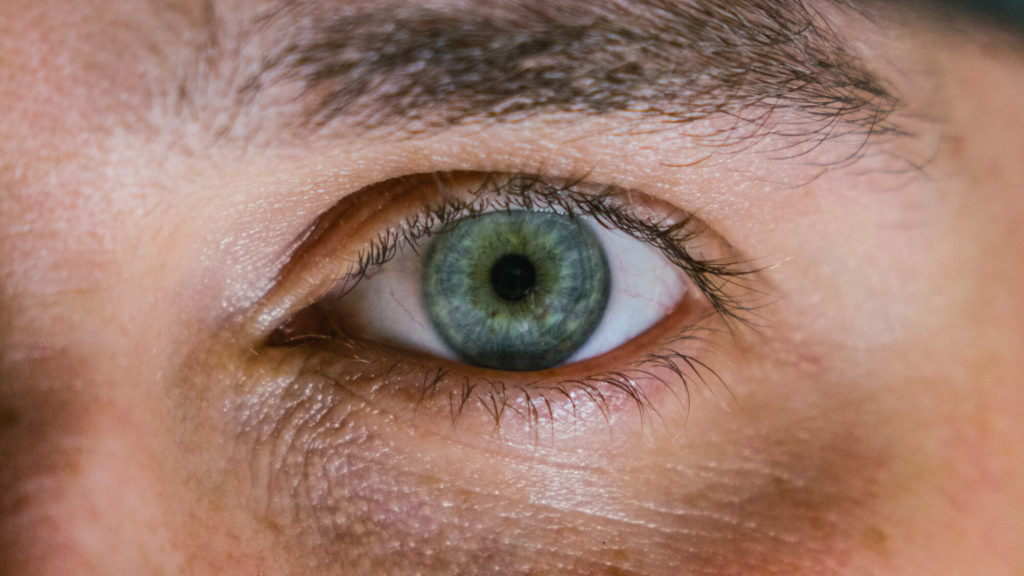Most people associate the development of cataracts with aging. As the body ages, the odds of experiencing changes in vision, especially due to cataracts, increases. Cataracts occur due to the hardening of the lens in your eye(s), which then becomes cloudy.
It can lead to double, blurry, or slight loss of vision. Other reasons for the development of cataracts include:
- Certain medications
- Diabetes
- Eye surgery
- Eye injury
The surgery for cataracts depends on the state of the condition. Sometimes, you may need cataract surgery even when it doesn’t affect your vision.
Cataract Surgery
Surgeons use local anesthesia to numb the specific area. This way, they safely remove the clouded lens or lenses from the patient. Consequently, they replace it with an artificial lens to improve your vision.
The artificial lens is personalized. It is the same size as the patient’s eye, so it’s a perfect fit. It also has specifications according to the patient’s vision needs. This procedure usually takes up to an hour. Later on, the post-procedure period is mostly painless.
After Cataract Surgery
Your vision may be blurry for the first few days after the cataract surgery. However, it returns eventually, and you will be able to see well. Moreover, you may experience certain immediate symptoms post-procedure such as:
- Light-Sensitivity
- Itching
- Discomfort in the eye(s)
- Water discharge or tears from eyes
Post-surgery, you will have to schedule a few check-ups with your doctor to ensure you are recovering normally. Furthermore, you need to avoid certain things at all costs. These activities include lifting weights, putting excessive pressure on the body, bending or flipping on your stomach, or touching/ scratching your eyes.
You can perform typical activities except for activities that cause excessive strain. You’ll need to get into the habit of avoiding the activities mentioned above as the recovery time lasts as long as eight to ten weeks post-surgery.
When should you have Cataract Surgery?
When you should get cataract surgery entirely depends on the discomfort that the cataracts are causing. Or more simply, to what extent cataracts affect and interfere with your lifestyle and activities.
Many people are comfortable with not getting cataract surgery as they believe they can see enough to perform everyday tasks. However, if you experience serious symptoms of cataracts, such as complete loss of vision or very poor sight distance, it is vital to schedule surgery.
Cataracts can cause other disruptions as well. Some people face an inability to read due to very poor vision, even with glasses. Others can’t focus on any object near or far and are unable to drive at night.
It is vital to keep a medical check on your health conditions while also consulting an ophthalmologist who can help you with cataracts. The severity of the condition and your comfort heavily determine when you should get cataract surgery.
Conclusion
The best way to avoid any further loss or damage to vision is to seek medical care. Avoiding and putting off surgical procedures that are necessary to improve your vision will only make matters worse for you.




